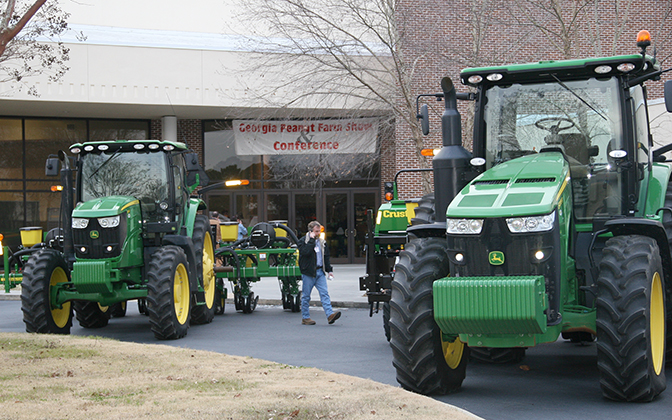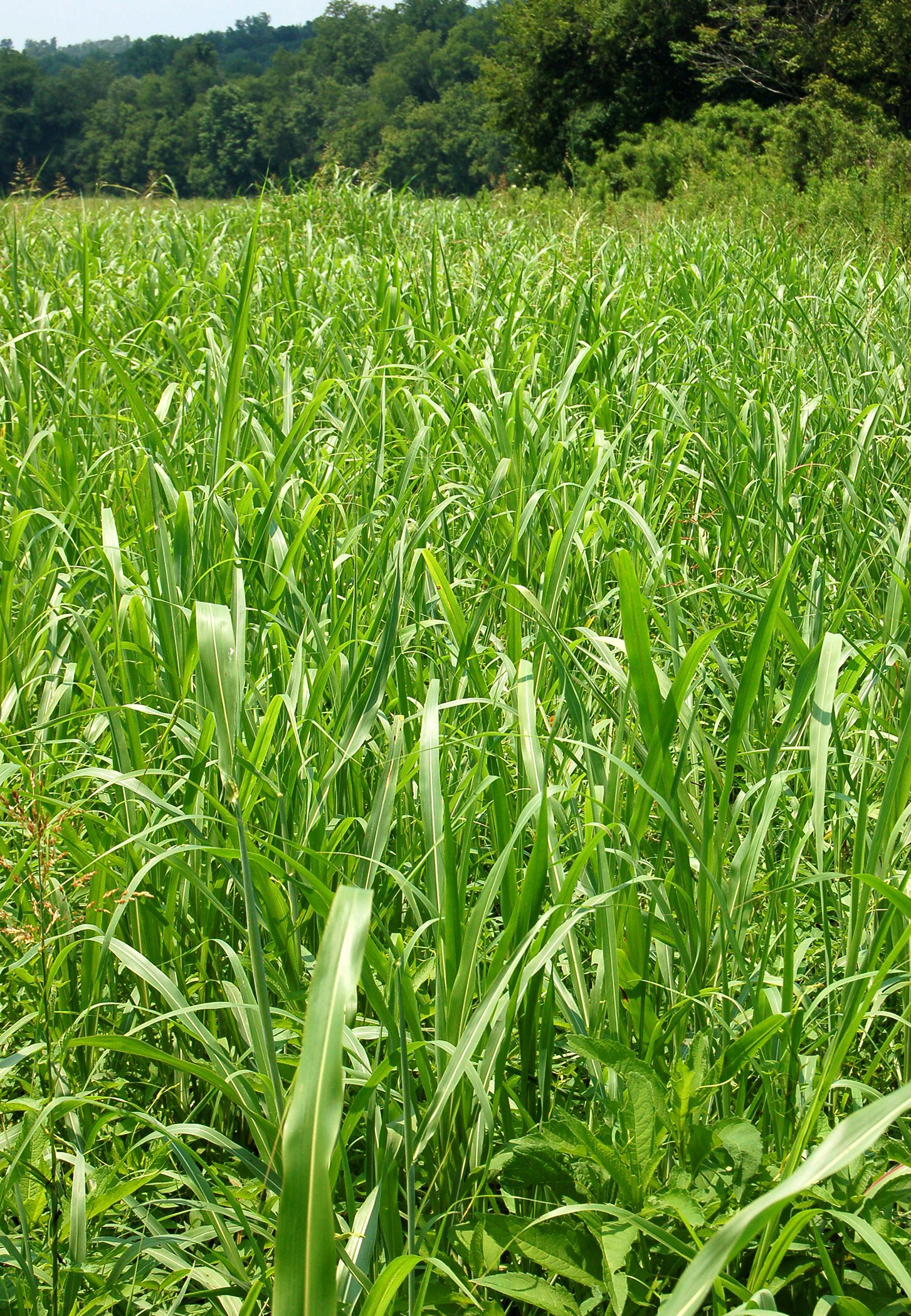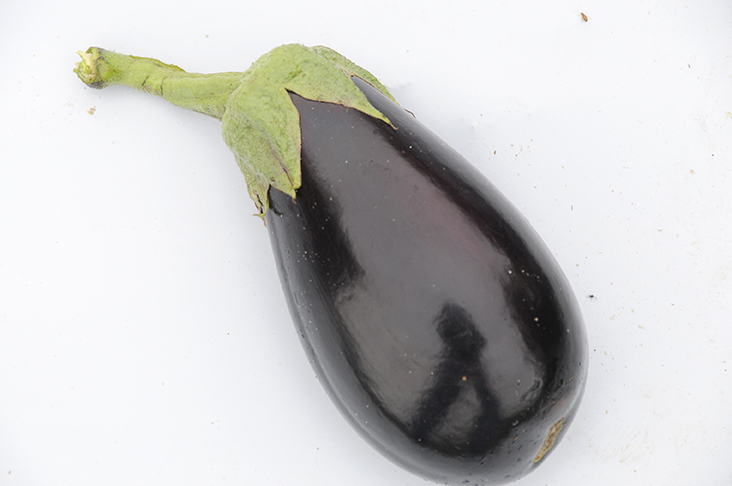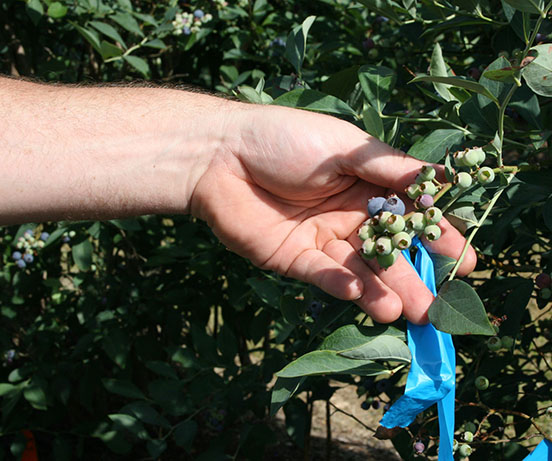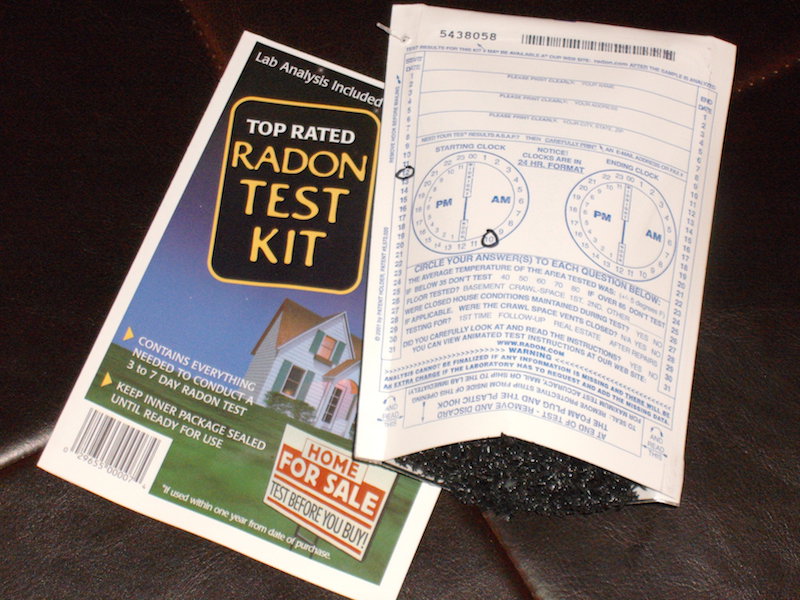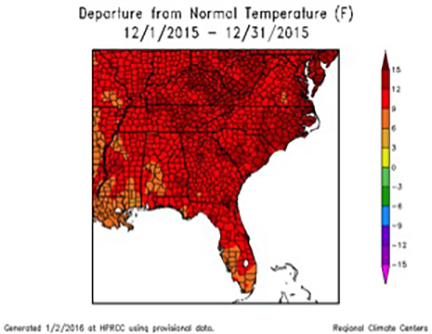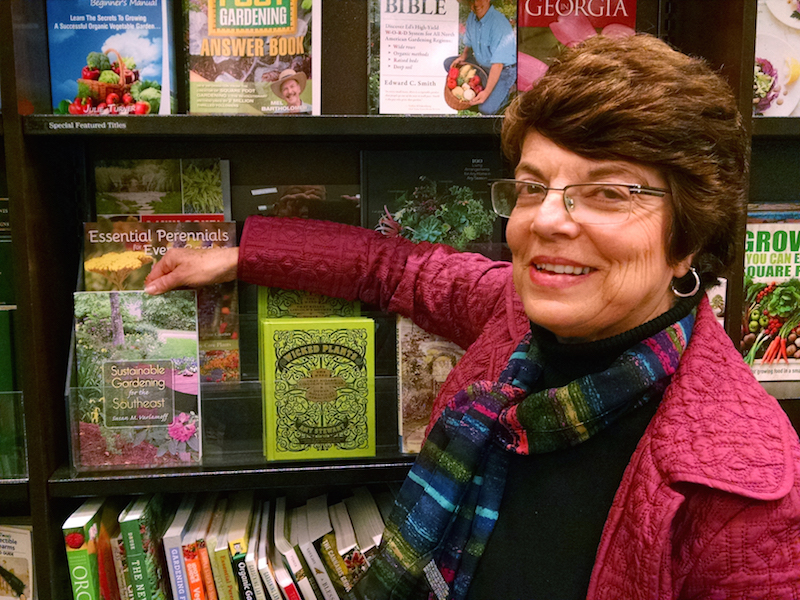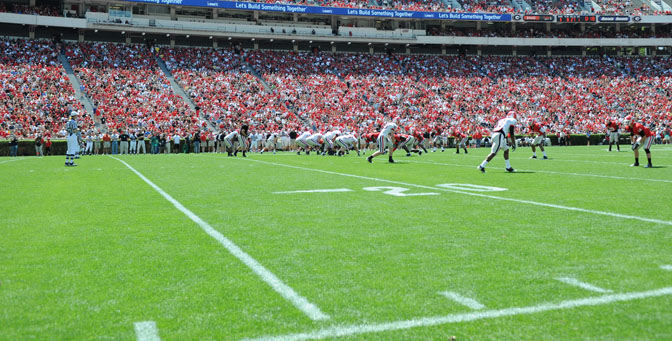 CAES News
CAES News
Tifway at Super Bowl
The University of Georgia is world renown for its turfgrass breeding program so much so that the cultivars of grass produced by the UGA College of Agricultural and Environmental Sciences are used in high profile sporting arenas and golf courses worldwide. This weekend, millions of viewers will see one of the college's most accomplished turfgrasses in action, as the Denver Broncos and Carolina Panthers play in Super Bowl 50.

